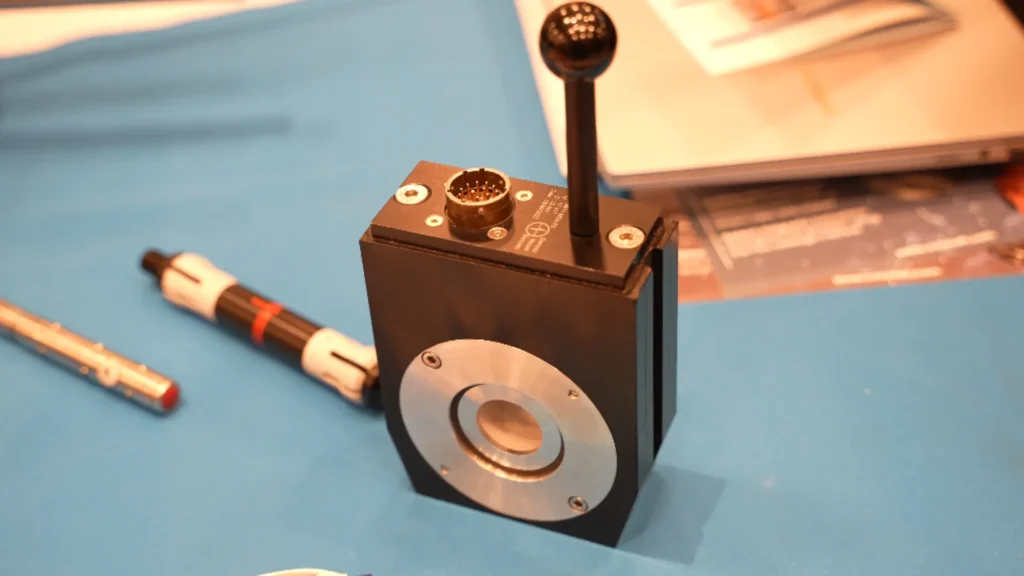During his participation in the PANNDT congress, Hugo Malagutti, General Manager of Controle Mesure Systemes (CMS) in the United States, shared with Inspenet the company's advances and proposals in the field of industrial ultrasound and eddy currents in non-destructive testing. From its headquarters in New York, Malagutti leads CMS' expansion strategy in the U.S. market, an operation that began just three years ago.
Based in France, CMS is part of the SOFRATEST group, a firm with more than 35 years of experience developing solutions for the inspection of metal components. At this international meeting, the executive explained how the company is betting on a combination of technology, traceability and efficiency to respond to the demands of demanding sectors such as the nuclear and aerospace industries.
One of CMS main bets is the integration of technologies in a single inspection bench. The company's systems make it possible to combine eddy current and industrial ultrasonic testing in a single interface, designed to facilitate the operator's work.
We do everything in-house. We use both technologies on the same bench and develop our own software that manages the results and communicates with systems such as SAP or PLC within the plants.
Hugo Malagutti
Among the company's most prominent equipment are the Roto ET Scan and Roto UT Scan systems. The former, based on an eddy current rotating head, is designed to detect longitudinal cracks that would be invisible with traditional coils.
“We have solutions from 0.8 mm to 10 inches in diameter. The Roto UT Scan, on the other hand, is characterized by a capacitive coupling between stator and rotor, which eliminates contact and reduces signal noise,” Malagutti pointed out. This feature provides clean and reliable signals to detect critical defects, especially in aerospace or nuclear components.
Both systems allow operation on high-speed production lines without compromising sensitivity and process traceability, making them an effective tool for demanding industrial applications.

One of the key points of the CMS solution is its monitoring system, which brings together all inspection data on a single platform. This tool can integrate the results of ultrasound testing or eddy current, and also from external equipment such as laser gauges or spectrometers.
The centralization of information makes it possible to generate automatic reports, keep digitalized records for years and guarantee traceability in the event of any technical complaint. “If you have a problem years later with a client, you can track all the inspection information directly from the platform,” explained the General Manager.
This automated documentation system allows compliance with the most stringent aerospace industry standards, such as ASME V or ISO 10893, among others.
Adaptability is another strength of the company's approach. While rotary heads are designed for cylindrical products, static systems using coils or stationary probes allow inspection of parts with irregular shapes.
“In the wire industry, for example, we work with square, Z-shaped or fully customized geometries. We can also position ultrasound probes strategically to cover the entire inspection volume,” said Malagutti.
This flexibility eliminates the need to redesign hardware for each new product, reducing engineering costs and implementation times.
Controle Mesure Systemes not only designs and integrates the systems, but also manufactures its own probes and sensors in-house from its dedicated laboratory. This allows them to offer tailor-made configurations, from system conception to installation and after-sales support.
With more than 200 systems installed worldwide and a direct presence in the United States, the company reinforces its commitment to French quality and personalized customer service.
“We want to understand what the customer's problem is and build together the best possible configuration. Our goal is to offer an efficient solution tailored to each industrial need,” concluded the executive.
For more content on PANNDT 2025, visit our YouTube channel and our LinkedIn profile.
Source: Inspenet.